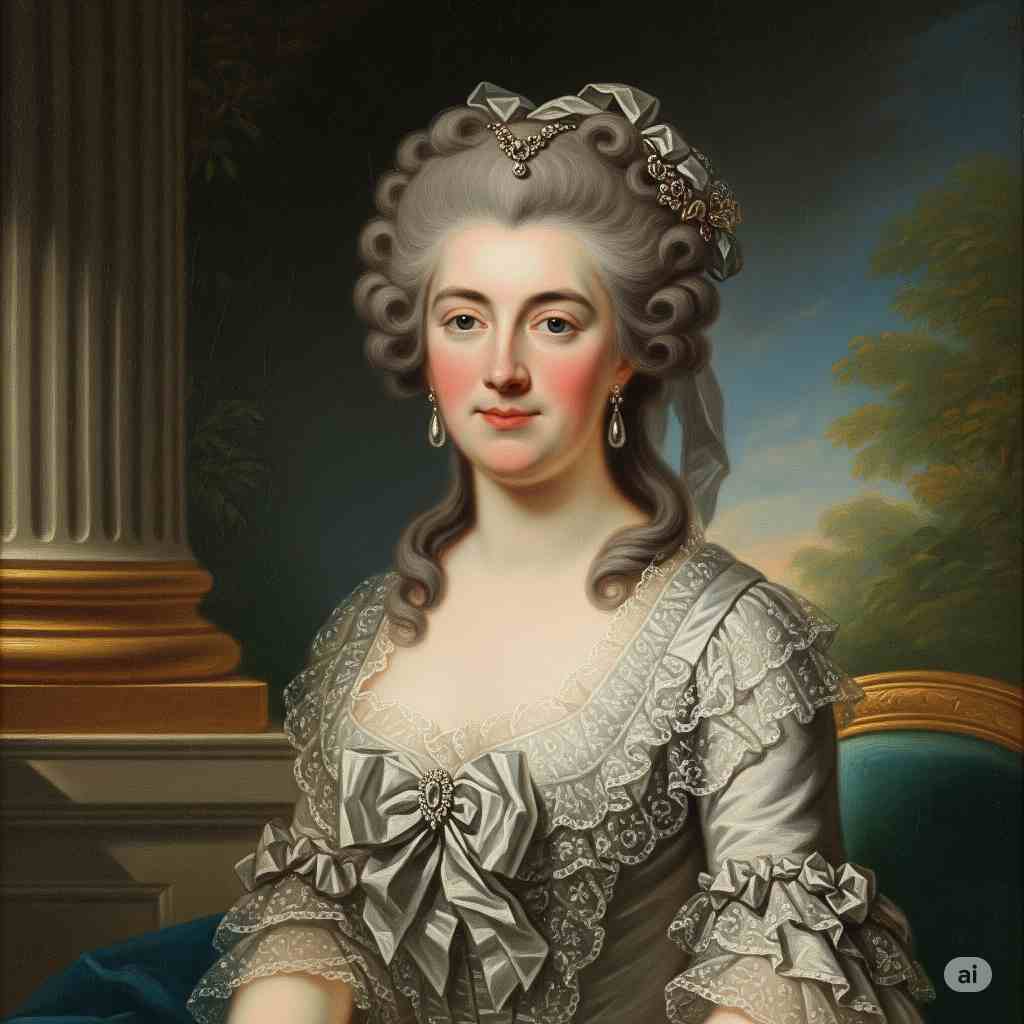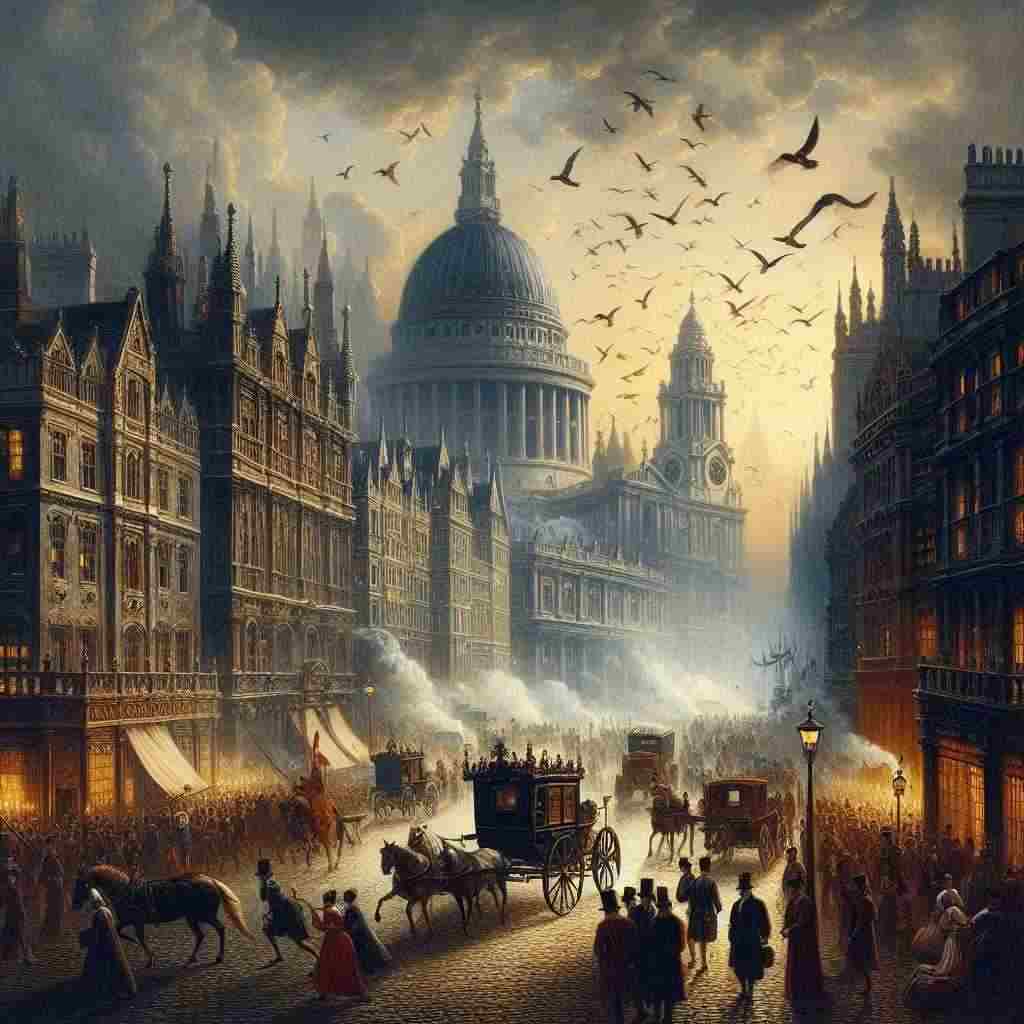2 Poems by Mary Robinson
1757 - 1800
Mary Robinson Biography
Mary Robinson, born Mary Darby on November 27, 1757, in Bristol, England, was a woman of remarkable talent and resilience whose life trajectory embodied the tumultuous spirit of the late 18th century. A celebrated poet, novelist, actress, feminist, and fashion icon, Robinson navigated the complexities of Georgian society with a combination of artistic brilliance and personal courage that continues to fascinate scholars and readers alike.
Born into a merchant family, Robinson's early life was marked by financial instability and familial upheaval. Her father, Nicholas Darby, a sea captain with grandiose ambitions, moved the family to London when Mary was still a child. His business ventures failed spectacularly, leaving the family in dire straits and eventually leading to his abandonment of his wife and children. This early exposure to financial precarity and the vulnerability of women in a patriarchal society would profoundly influence Robinson's later writing and activism.
Despite these challenges, Robinson received an unusually comprehensive education for a girl of her time. She attended a school run by the acclaimed poets Hannah More and her sister, where she developed her literary talents and cultivated a lifelong love of poetry. Her beauty and charm were noted from an early age, and at fifteen, she was married off to Thomas Robinson, an articled clerk, in what was hoped would be a financially advantageous match. The marriage proved disastrous; Thomas was unfaithful and profligate, and the couple soon found themselves in debtors' prison.
It was during this period of confinement that Robinson began to seriously pursue her literary ambitions, composing poetry that would later be published to considerable acclaim. Upon her release, she turned to the stage as a means of supporting herself and her young daughter. Her debut at Drury Lane Theatre in December 1776, playing Juliet in Shakespeare's "Romeo and Juliet," was a resounding success. Robinson quickly became one of the most celebrated actresses of her day, known for her beauty, her fashion sense, and her compelling performances.
However, it was her portrayal of Perdita in "The Winter's Tale" that would change the course of her life. The performance caught the eye of the young Prince of Wales, the future King George IV, who became infatuated with Robinson. Their subsequent affair was the talk of London society and catapulted Robinson to a new level of fame – and notoriety. The relationship was intense but short-lived, leaving Robinson with a tarnished reputation and unfulfilled promises of financial security.
The end of her affair with the Prince marked a turning point in Robinson's life and career. No longer able to perform on stage due to a mysterious illness that left her partially paralyzed, she turned her full attention to writing. Over the next two decades, Robinson would establish herself as one of the most prolific and versatile writers of her generation. She published numerous volumes of poetry, several novels, a feminist treatise, and political pamphlets, earning the sobriquet "The English Sappho" for her lyrical prowess.
Robinson's poetry is notable for its emotional intensity, its engagement with contemporary political issues, and its exploration of female desire and subjectivity. Works such as "Sappho and Phaon" (1796) and "Lyrical Tales" (1800) showcase her mastery of various poetic forms and her ability to inhabit different personae. Her sonnets, in particular, are considered some of the finest of the period, blending personal emotion with sharp social commentary.
As a novelist, Robinson was equally prolific and innovative. Her novels, including "Vancenza" (1792) and "The Natural Daughter" (1799), often focused on the plight of women in society, critiquing the limited options available to them and the double standards that governed their behavior. She was one of the first English authors to write in the Gothic style, and her work in this genre influenced later writers such as Ann Radcliffe.
Beyond her creative output, Robinson was a significant figure in the early feminist movement. Her essay "A Letter to the Women of England on the Injustice of Mental Subordination" (1799) is a powerful argument for women's rights and education, predating Mary Wollstonecraft's "A Vindication of the Rights of Woman" in its radical stance. Robinson's feminism was not merely theoretical; she lived out her principles, supporting herself through her writing and refusing to be defined by societal expectations.
Robinson's later years were marked by financial struggles and declining health. The illness that had ended her acting career continued to plague her, and she found herself increasingly isolated from society. Despite these challenges, she continued to write prolifically until her death on December 26, 1800, at the age of 43.
In the years following her death, Robinson's reputation suffered a decline. Victorian sensibilities were scandalized by her colorful personal life, and her work was largely forgotten. However, the late 20th and early 21st centuries have seen a resurgence of interest in Robinson, both as a writer and as a historical figure. Feminist scholars have reclaimed her as an important voice in the development of women's rights, while literary critics have reevaluated her poetry and prose, recognizing her significant contributions to Romantic literature.
Robinson's life and work offer a fascinating lens through which to view the complexities of the late 18th century. Her experiences as an actress, royal mistress, fashion icon, and writer provide insight into the changing roles of women in public life. Her poetry, with its blend of sensibility and political engagement, embodies the tensions at the heart of Romanticism. Her novels and essays, with their frank discussions of female sexuality and critiques of social inequality, prefigure many of the concerns of later feminist writers.
Mary Robinson's legacy is that of a woman who refused to be defined by the narrow roles society prescribed for her. Through her writing, she challenged the conventions of her time, giving voice to the experiences and desires of women in a way that was both revolutionary and deeply personal. As scholarship continues to uncover the depth and breadth of her contributions, Mary Robinson emerges not just as a fascinating historical figure, but as a writer whose work speaks powerfully to contemporary concerns about gender, identity, and the power of the written word.
This text was generated by AI and is for reference only. Learn more
Username Information
No username is open
Everything is free to use, but donations are always appreciated.
Quick Links
© 2024-2025 R.I.Chalmers (V2Melody).

All music on this site by R.I.Chalmers (V2Melody) is licensed under a Creative Commons Attribution-NonCommercial 4.0 International License.
Attribution Requirement:
When using this music, you must give appropriate credit by including the following statement (or equivalent) wherever the music is used or credited:
"Music by R.I.Chalmers (V2Melody) – https://v2melody.com"
Support My Work:
If you enjoy this music and would like to support future creations, your thanks are always welcome but never required.
Thanks!



